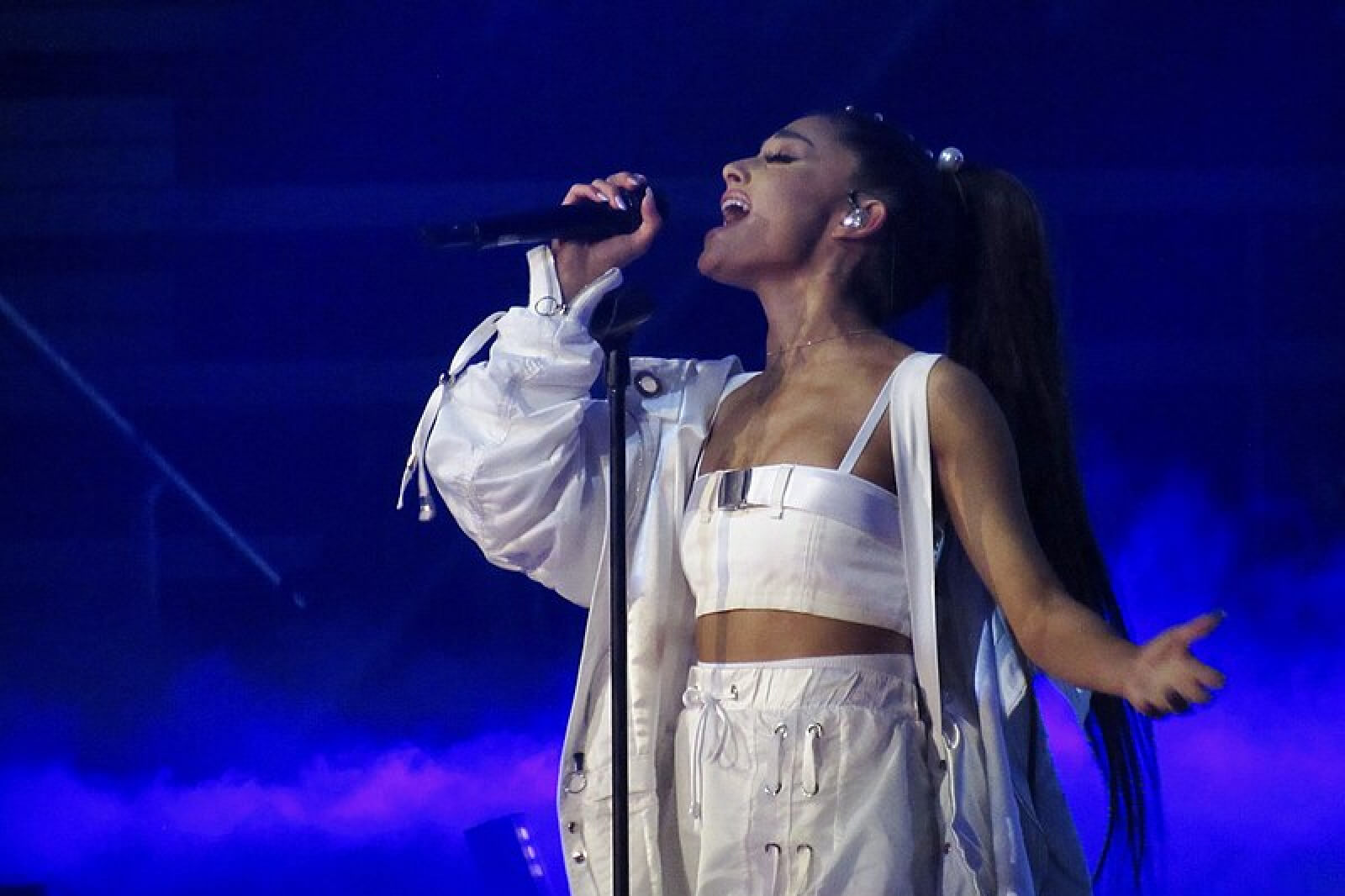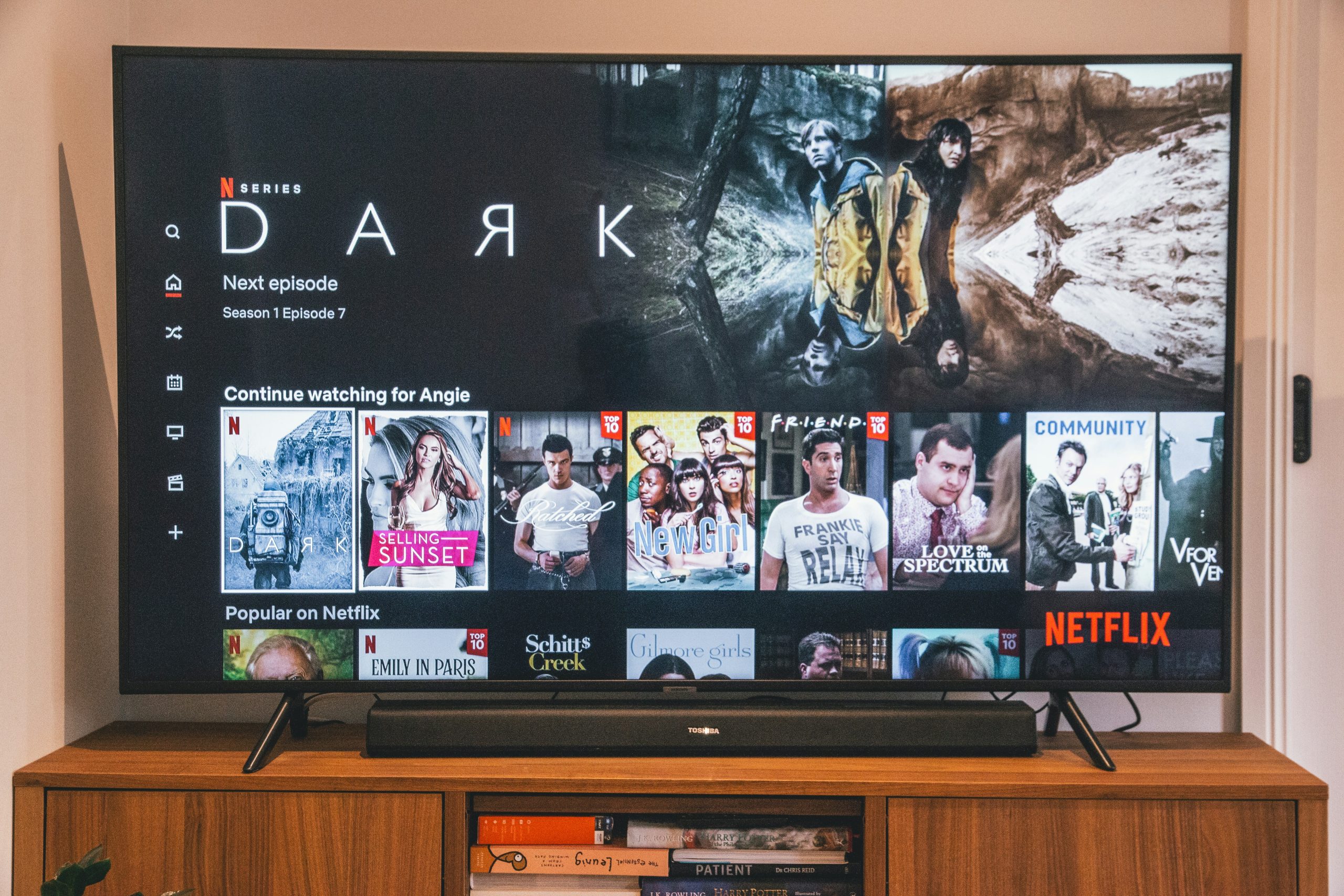
AOC and Aurora James Getting Ready For the Met Gala
via Vogue YouTube
People called her a hypocrite for attending the Gala, for accepting the gifted ticket and dress, for being rich herself, and a flurry of other claims and questions.
The representative has made her career by being an unflinching voice for change and progressivism, never straying from her values, even in rooms filled with people who disagree with her. So it is no surprise that – while attending one of the most exclusive, prestigious, and expensive events in the country – AOC decided to make a statement.
In her Instagram caption revealing the dress, AOC said: “The medium is the message … The time is now for childcare, healthcare, and climate action for all. Tax the Rich.”
Her dress was made by Aurora James, an award-winning Black designer whose brand, Brother Vellies, partners with artisans in countries across Africa to pay them fairly for their craft. AOC resonated with James, whose brand started at a Brooklyn flea market and whose story is much like her own.
James also founded the 15 Percent Pledge campaign in 2020, a call to action that asks brands and retailers to pledge to give 15% of their buy and retail space to Black businesses. Seeing that Black-owned businesses were most affected by the pandemic, James worked to demand representation and is still spearheading the campaign, getting pledges from giant multinational retailers.
According to AOC, the two were excited to “work together to kick open the doors at the Met.” Yet, inevitably, the criticism came swift and strong.
Despite the fact that elected city officials regularly attend the Met Gala, which is a charity event for the museum — and others did this year alongside AOC — her appearance was heavily scrutinized.
Following the gala, AOC spoke about her lack of surprise. As a woman in politics, AOC is used to her appearance being scrutinized and judged. So the heavy speculation she received was expected — and if it was coming anyway, why not make a statement?
She posed the question: “How do we inject urgent conversations of race, class, climate, and justice into an event that is both one of the largest spectacles of excess in the world, yet takes place in and benefits an institution that serves the public?”
Knowing her commitment to starting conversations and challenging norms, it would have been more surprising had AOC attended the event without making a statement.
Activist Aja Barber commented on the dress as a form of protest, commending how the Representative used the medium of the event to challenge its very ideals.
In Barber’s commentary, she points out the implication that just the fact of attending a fancy event and wearing a nice dress makes AOC’s criticisms of the system void. “We gotta stop with this ‘no one who truly cares is allowed to enjoy things like this.’ Life is about joy and I’m trying to eat all the free rich people food I possibly can,” Barber said, and continued, “one things [sic] for sure … she got people talking and is that NOT the point? I’d say she did exactly what she set out to do.”
Barber hits on some of the most shallow parts of the AOC criticism, which implies that if she is part of the elite, she can’t criticize them — as if she should just shut up now that she has been “accepted” into high society. But that was never the Representative’s goal. Her goal was to make a statement, which she did.
But was the statement hypocritical? After all, AOC is no longer a bartender — her net worth is reportedly close to $1M.
Supposedly, her statement is about the ultra-rich — and Jeff Bezos wasn’t at the Met. But even so, the insinuation that, as a rich person, she can’t think rich people should pay their fair share is incorrect. People who benefit from systems of privilege are allowed to find fault with those systems. I would hope we all do this — after all, wasn’t that the point of all the allyship in 2020?
But this outrage is indicative of the broken way we think about money and rich people.
Because while AOC made a statement with her dress, the statement wasn’t that radical. Her career is, in fact, based on much more radical beliefs. Had she tweeted “Tax the rich,” no one would have batted an eye. What people were really offended about wasn’t what she said, but where she said it.
Challenging the system from the halls of Congress is expected, standing in a picket line with protesters is expected, but being part of the elite and still wanting to change the system? That confronts the belief we have been taught that once we “make it,” we’ll finally be happy. It makes us question if we should even want to “make it” at all.
The Met Gala’s prestige is about its exclusivity. And as we watch, salivating over symbols of wealth and power moralized as culture, AOC’s dress was a reminder that these are not just beautiful people in beautiful clothes, but part of the oppressive hierarchy she has spent her career fighting.
However, we can’t Girlboss this moment and turn it into the ultimate critique of capitalism, it wasn’t that either. While the dress was a powerful statement, it wasn’t a call to end the system. It was much less radical than that: It was just about taxes.
While it was bold and daring, AOC’s statement was an attempt to play within the lines to do the best she could within the system — which is fundamentally not anti-capitalist.
Taxing the rich doesn’t mean overthrowing the rich, ending capitalism. It doesn’t even mean they can’t still have nice things like galas and expensive gowns.
For what it was, AOC’s dress was a strong political statement that spurred conversation and, for a moment, affronted our mindless consumption of rich people parading into the museum in pretty things. However, it was not the be-all end-all of anti-capitalist critique.
If anything, it proves that AOC may be progressive, but she can only do so much within the confines of the status quo. AOC was not even the only one at the Gala who used the event to make a political statement.
More meaningful messages about the role of capitalism, inequality and the Gala were shared by Indya Moore, who was in attendance but says it might be their first and last Met Gala.
The Pose star voiced their thoughts about the role of the Gala and the museum itself in perpetuating hierarchical standards that they don’t agree with, saying: “This will probably be my last Met Gala. I am going to think long and hard about why I came and if it is truly in alignment with what I want to accomplish in this life, the stories I want to tell and the messages I want to share.”
Moore continued: “I don’t know if we know what we are doing, beyond what we are told. I wonder is there is a way to expand on how we collect amongst one another?”
This direct challenge to the values of the museum is much more radical than AOC’s dress and offers up a more nuanced critique.
Because yes, tax them — but then what? Live in the same unfair system? AOC’s dress was only the start, and there is still so much work to be done. So back to work we go.
- Grimes Doesn’t Get It: Elon Musk Is Not Like Bernie Sanders – Popdust ›
- Stop Trying to Podcast the Revolution – Popdust ›
- Lana Del Rey, Billie Eilish, and the Sexist Backlash Against Female … ›
- Met Gala: AOC is still defending her ‘Tax the Rich’ dress – Los … ›
- AOC’s Met Gala dress is not the statement she thinks it is. ›
- A.O.C.’s Met Gala Designer Explains Her ‘Tax the Rich’ Dress – The … ›
- The Met Gala is full of rich people. Alexandria Ocasio-Cortez wore a … ›
- Why A.O.C.’s Met Gala Dress Made People Mad – The New York Times ›














